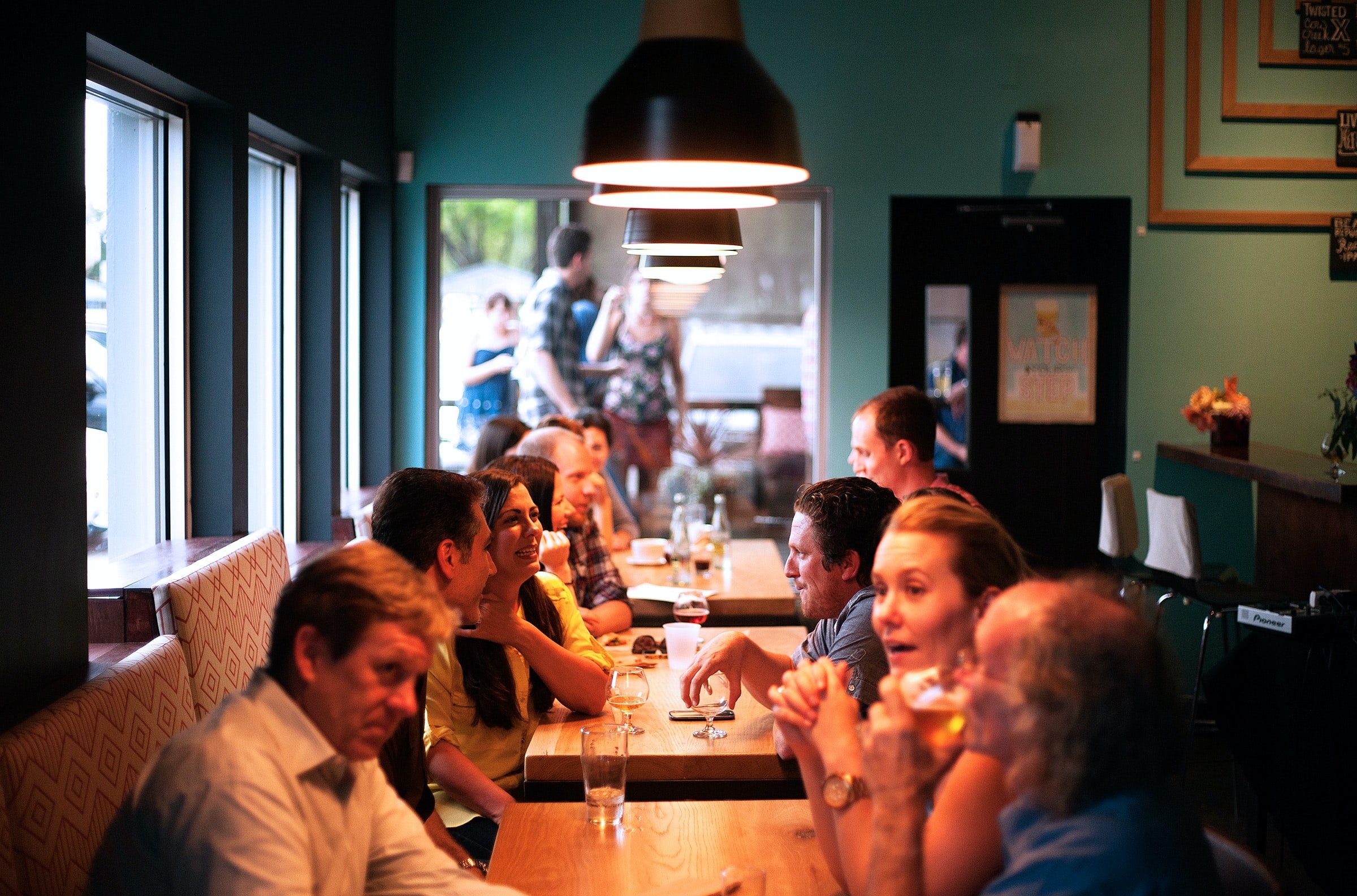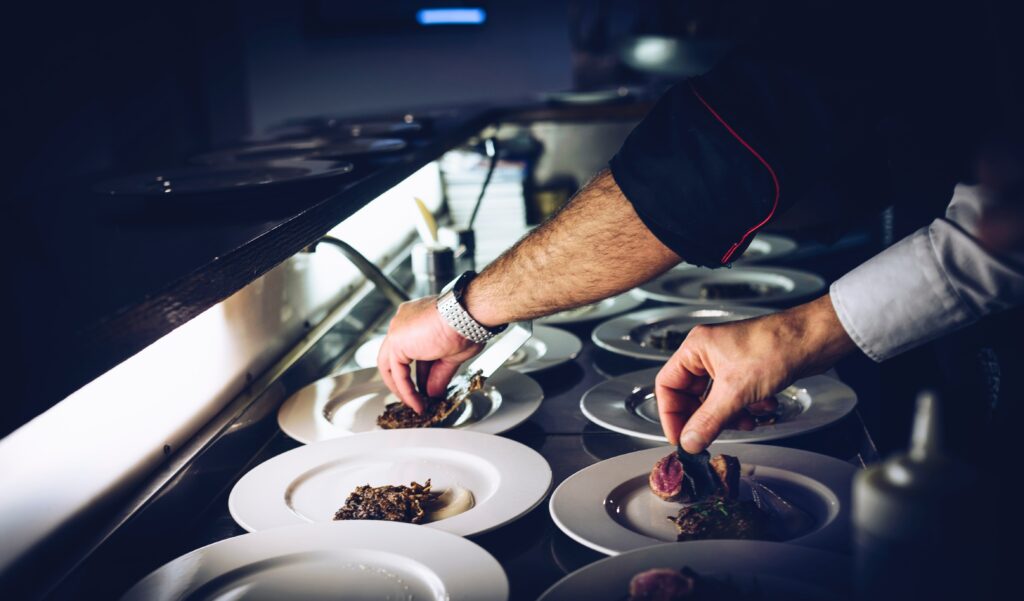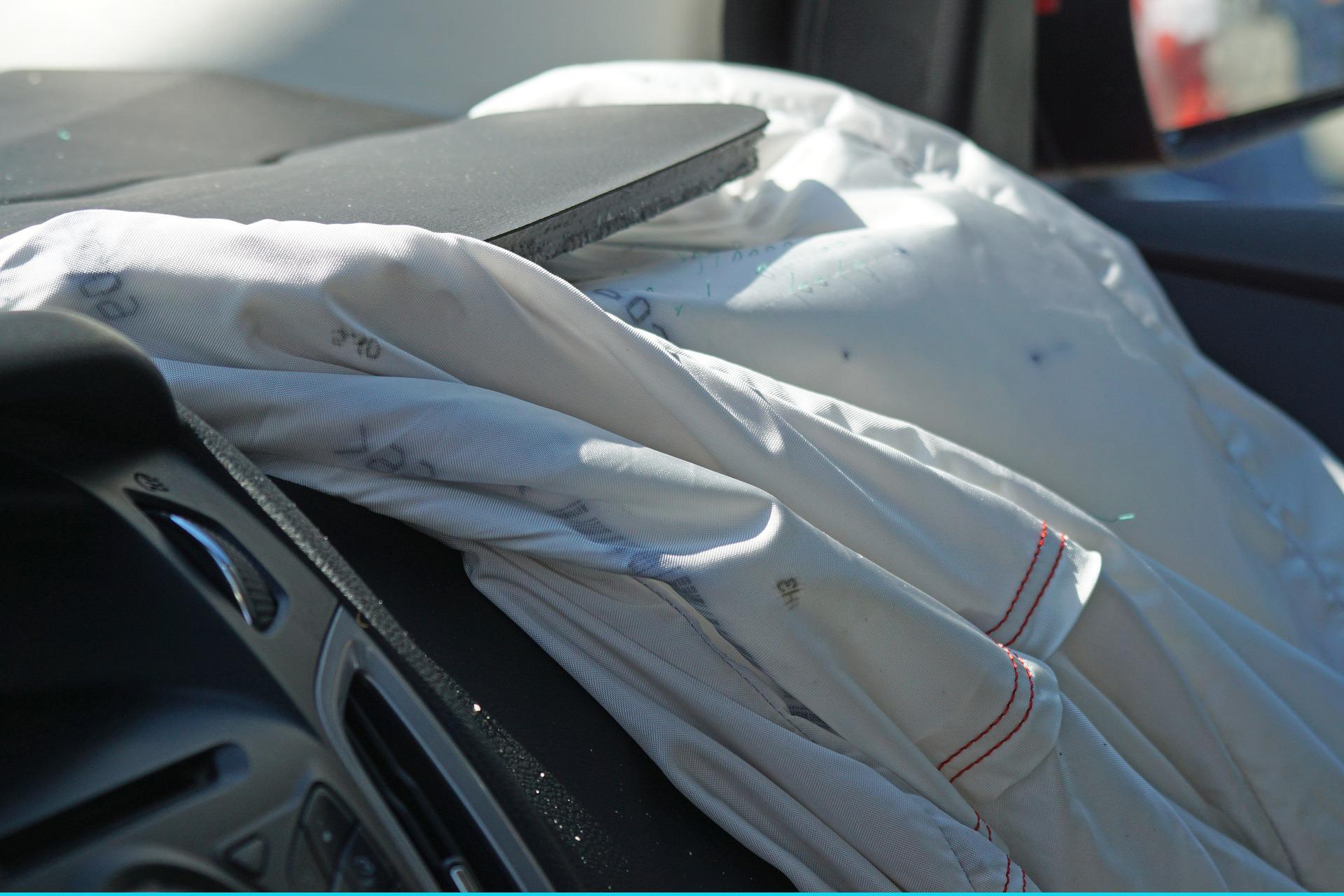Murphy’s Law is an adage that accurately describes the unpredictable nature of life. The law states, “anything can go wrong, which inevitably does.
Most personal injury claims have a three-year statute of limitations that show you can hold the restaurant liable. But, though, this can vary by jurisdiction.
When a restaurant injury claim is solid, the defendant may opt to settle out of court to save money and, in the instance of food poisoning, to avoid any negative publicity.
Eating contaminated food can be dangerous. You can contract food-borne illnesses from eating contaminated food.
Sometimes the food can get contaminated even if there was no negligence. This may be because there are always multiple factors at work when something goes right; often, these unforeseen circumstances have nothing to do with how hard the restaurant has been working or what their intentions were in doing so-and yet they result nonetheless.
An experienced attorney will know how to sue a restaurant for negligence and can explain to you the strengths and weaknesses of your case.

How To Sue A Restaurant For Negligence?
If you’ve been injured at a restaurant, you may be wondering if you have a restaurant negligence case.
After all, accidents happen. However, if your injury was caused by the negligence of the restaurant staff or management, you may have strong grounds to file a lawsuit.
There are a few things to keep in mind when considering whether to sue a restaurant for negligence.
First, You’ll Need To Prove That The Restaurant Was Actually At Fault For Your Injury
When you’re in an accident, it’s important to remember that the driver was at fault.
Hot food and beverage spills, food illness, and slips are the most common restaurant mishaps.
You’ll Need To Demonstrate That Your Injuries Were Serious Enough To Warrant A Lawsuit.
The legal system doesn’t treat injuries lightly. To file a lawsuit, you’ll need evidence that your injuries were severe enough for the courts and your attorney. A jury of people who hear cases like these every day will consider when deciding whether or not there are grounds for compensation. So the case needs to be substantial and compelling.
You’ll Need To Be Aware Of The Statute Of Limitations For Filing A Negligence Lawsuit In Your State
The time frame you have to file a negligence suit is essential because it will affect how long the case can last.
It’s also essential to know about these limitations to ensure adequate time to prepare.
What Are Lawsuits Against Fast Food?
While the fast-food industry is known for its quick service, many people are not aware of what’s going on behind closed doors at restaurants in this niche.
Lawsuits have been filed against chains like McDonald’s and Burger King because their customers often feel they did not receive enough attention when placing orders through drive trust, which leads to waits longer than ten minutes before getting your food.

Many people are familiar with fast food, but do you know that it can lead to litigation?
A personal injury incident occurs when a person files an official claim in court claiming one or more acts by negligence on behalf of this company caused severe injuries.
Even if there was no intention whatsoever for causing harm – such as forgetting to thaw chicken properly.
Lawsuits may still be filed against them due to process protections under the law requiring these cases to go through before coming into fruition.
What Is The Process For Filing A Fast Food Lawsuit?
If you or a loved one has been injured by fast food, you may be wondering if you have a case.
The first step is to contact a personal injury lawyer to discuss your case and determine if you have a valid claim.
Many different types of injuries can occur due to eating fast food.
Some common injuries include:
- Food poisoning
- Allergic reactions
- Burns
- Choking
- Cuts and lacerations
If you have been injured by fast food, you may be able to recover compensation for your medical bills, lost wages, and pain and suffering. Contact a personal injury lawyer today to discuss your case and learn more about your legal rights.
What Types of Claims are Made in a Fast Food Lawsuit?
Fast-food companies are not immune to the occasional lawsuit.
From ordering a meal, driving away from your restaurant, and even after you’ve left – there can be severe problems with these fast-food chains if they’re run incorrectly.
Toxicology of Food
The food at your favorite restaurant is invaluable to its success, but it can also make customers sick.
A case involving this type of personal injury lawsuit against a fast-food company might be complicated because symptoms typically don’t develop until many hours after dining onsite – making proof hard in some cases.
Slipping And Falling
The danger of slipping and falling in a quick-service restaurant is genuine. In some cases, people have been left with severe injuries after an accident at one of these locations due to not being mindful of where they were walking when spilled drinks or food were on the flooring near them.
In a slip and fall case, video footage taken before, during, and after the incident is required to prove negligence.
Automobile Mishap
Fast food companies are legally liable for the actions of their employees, which means that if you were injured in a car crash caused by an employee or lackadaisical maintenance on parking lots, then it’s possible to file suit against them.
There needs to be video footage inside one of these restaurants showing negligence leading up to the impact to prove your case successfully.
However, even without such a film -which often isn’t available-witnesses who have seen what happened will be able to give enough insight into how things could’ve gone differently had they not been so busy eating.
What Are the Different Types of Monetary Losses?
There are three types of monetary damages: compensatory, punitive, and nominal.
- Punitive damages are designed to punish the wrongdoer and deter future misconduct.
- Nominal damages are a small sum awarded when no actual damages can be proven.
- Compensatory damages are intended to make the plaintiff “whole” by restoring what was lost due to the defendant’s actions. Compensatory damages are the most common monetary damages awarded in civil cases. Compensatory damages can be either economic or non-economic.
In some cases, all three types of damages may be awarded.
Conclusion
If you believe you have a case, speaking with an experienced personal injury attorney is best.
They can help you understand your legal rights and options and guide you through the process of filing a lawsuit.
Staff training and safety rules are essential when handling hot food and hot drinks. Burn injuries and personal injury claims can result from spilled food or hot liquids.


